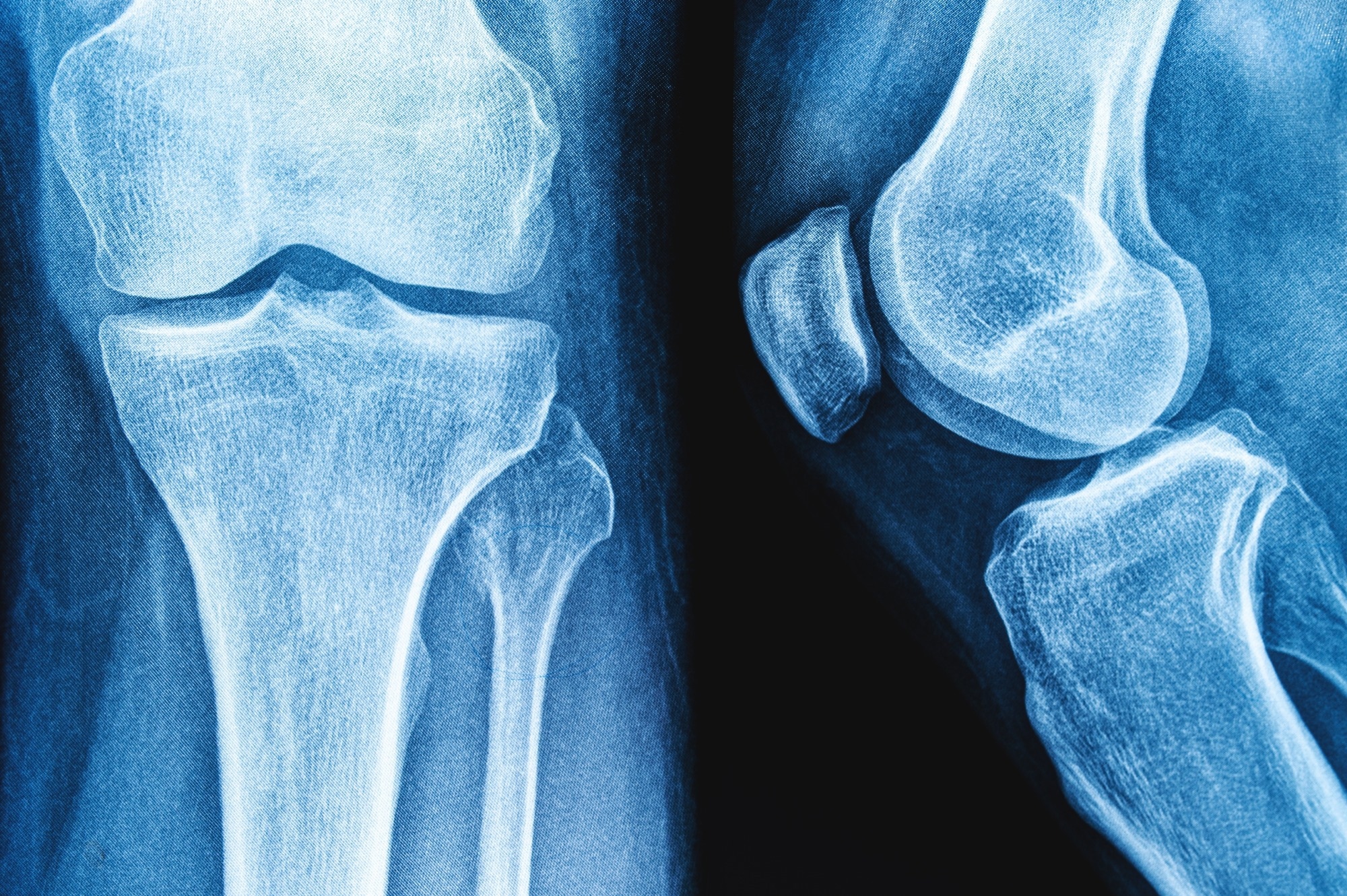
In an evolving health landscape, emerging research continues to highlight concerns that could impact everyday wellbeing. Here’s the key update you should know about:
Although yogurt is often praised for its nutrient profile, this review reveals that its real-world impact on adult bone strength remains minimal, highlighting the need for rigorous trials using well-defined yogurt formulations.
Review: Impact of yogurt consumption on bone health markers in adults with or without osteoporosis: a systematic review and meta-analysis. Image Credit: siamionau pavel / Shutterstock
In a recent study published in the journal Frontiers in Nutrition, researchers evaluated the effects of yogurt intake on bone health in adults.
Yogurt is a coagulated dairy product obtained from milk fermentation by the symbiotic action of Lactobacillus delbrueckii bulgaricus and Streptococcus thermophilus. Despite highly similar biochemical compositions of yogurt and milk, the former offers unique nutritional benefits due to the metabolic activity of these bacteria, which can synthesize vitamins and other biologically active compounds.
In adulthood, bone formation slows while bone resorption increases, which may gradually lead to bone mass loss, resulting in fragility fractures. Calcium, vitamin D, and phosphorus are essential for bone health and physiology. Yogurt is a good source of protein, potassium, calcium, vitamins, zinc, and selenium, many of which are known to augment bone health and growth.
The higher levels of vitamins K and B and enhanced mineral ionization in yogurt compared to milk have led to suggestions that yogurt may help improve and sustain bone health. However, current evidence on the effects of yogurt intake on bone health is inconsistent, with neutral and positive associations reported across studies. Moreover, there are limited systematic reviews on yogurt intake and bone health.
About the study
In the present study, researchers investigated the effects of yogurt on bone health in adults. First, Cochrane Library, PubMed, and Scopus databases were searched for relevant studies published between 1970 and 2023, with an updated PubMed search conducted through December 31, 2024. Eligible studies included adults without or with osteoporosis and examined yogurt intake compared to placebo, non-fermented dairy counterparts, no yogurt intake, or standard osteoporosis treatments.
Observational studies, randomized controlled trials (RCTs), and non-randomized interventions were eligible. Titles and abstracts of retrieved studies were screened, followed by deduplication and full-text reviews. The team extracted data on study characteristics, yogurt intake and dosage, population demographics, intervention duration, and exposure. The Newcastle-Ottawa scale was used to assess the risk of bias.
The Grading of Recommendations, Assessment, Development, and Evaluation (GRADE) approach was adopted to examine the certainty of evidence. Further, the team performed a random-effects meta-analysis when measurements were adequately homogeneous. Two separate meta-analyses were conducted; one included studies reporting hazard ratios, and the other pooled continuous femoral bone mineral density (BMD) using standardized mean difference, as no eligible interventional trials were ultimately identified.
Findings
Literature search identified 1,302 records, of which only 12 met the eligibility criteria for inclusion, corresponding to 14 studies. Selected studies were observational in design and comprised different adult populations, including postmenopausal females, and assessed endpoints such as fracture risk, BMD, and bone turnover markers. Only one study specifically investigated yogurt intake, while others assessed yogurt intake as part of a broader milk category or total dairy food intake.
Most studies were conducted in the United States (US), followed by Europe and Asia. However, US studies included populations from only two independent cohorts: the Nurses’ Health Study and Framingham Original Cohort and its derivative cohorts. Two studies reported that yogurt intake was significantly associated with improved BMD, bone-related biomarkers, and osteoporosis risk.
Specifically, one study found a protective effect on radius osteoporosis risk in high-frequency consumers of yogurt compared to non-consumers, and another study found higher femoral neck and total hip BMD in females with the highest intakes of yogurt compared to those with the lowest intakes. Further, one additional study indicated a weak association between yogurt consumption and protective effects on hip fractures.
In meta-analyses, no significant associations were observed between yogurt intake and hip fracture risk at reported consumption levels. However, yogurt intake had a significantly positive effect on femoral BMD, albeit its magnitude was clinically negligible (SMD ≈ 0.009), indicating minimal impact on skeletal health. The methodological quality of included evidence was considered satisfactory to support meta-analysis conclusions, but the certainty of evidence for BMD and hip fracture risk was low, largely due to reliance on observational data, hazard ratios close to unity, and the absence of dose-response relationships. Importantly, none of the included studies characterized yogurt products in terms of fat content, fortification, or viable bacterial cultures, limiting mechanistic interpretation.
Conclusions
While most studies indicated a positive trend of yogurt intake on bone health, the evidence was insufficient to support that yogurt intake helps in BMD improvements or fracture prevention in adults. High-quality RCTs are required to clarify the effects of yogurt intake, especially in those with or at risk for osteopenia or osteoporosis.
Future research must incorporate standardized, well-characterized yogurt products to determine whether live cultures or formulation differences contribute to any potential benefits. Overall, the efficacy of yogurt as a strategy to enhance bone health is not fully substantiated by current evidence.

